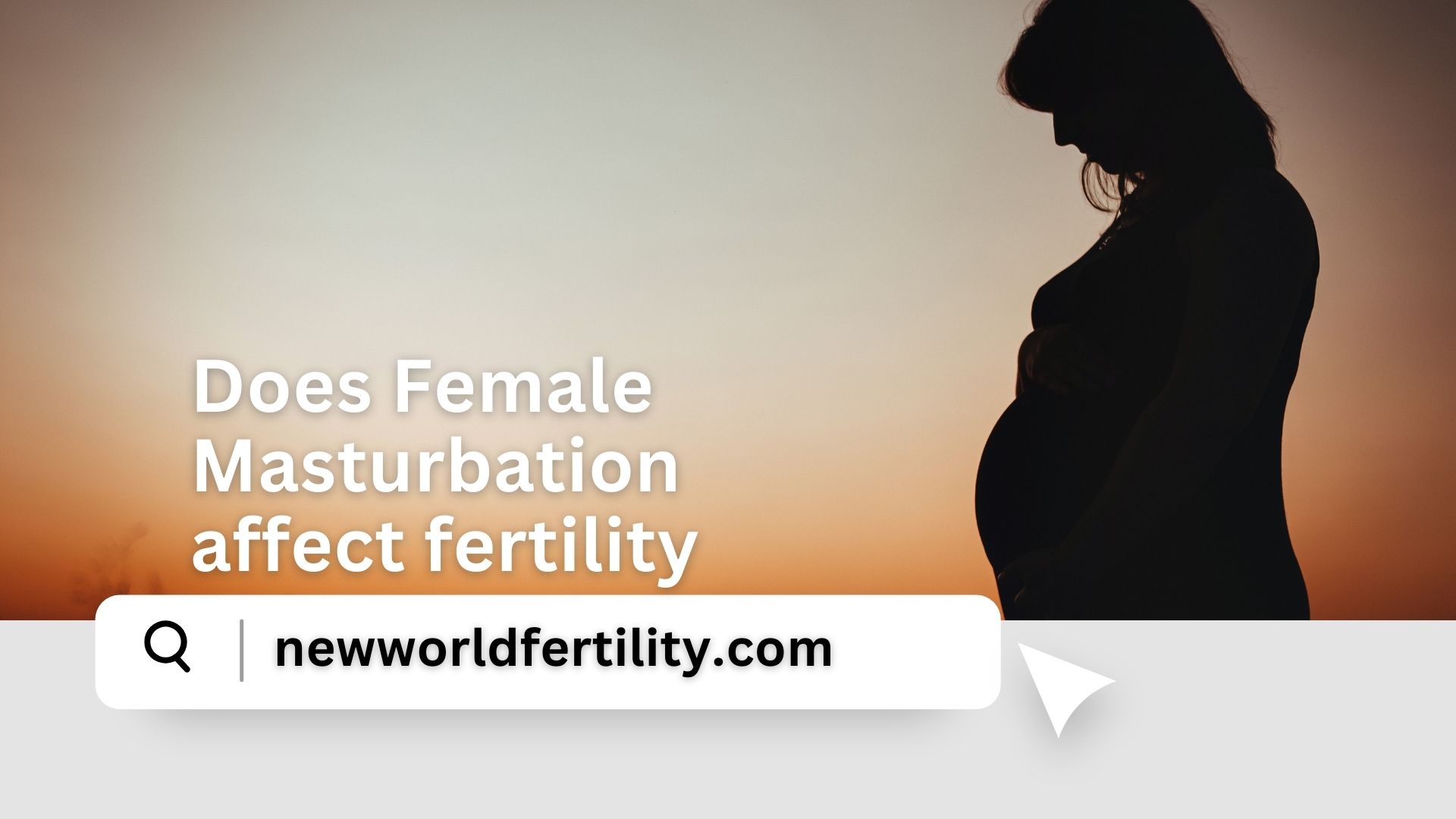Many women wonder if masturbation can impact their fertility. With widespread myths and misinformation, it's crucial to separate facts from fiction. In this blog, we will explore the relationship between female masturbation and fertility, address common concerns, and provide expert insights to help you make informed decisions about your reproductive health.
Understanding Female Masturbation
Masturbation is a natural and common practice that involves self-stimulation for sexual pleasure. It plays a role in sexual wellness and can have various health benefits, including stress relief, improved sleep, and enhanced blood circulation. But does it impact fertility?
Myths vs. Facts: Does Masturbation Affect Female Fertility?
Myth 1: Masturbation Reduces Egg Count
Fact: Unlike men who produce sperm continuously, women are born with a fixed number of eggs. Masturbation does not deplete egg reserves or affect ovulation.
Myth 2: Frequent Masturbation Disrupts Hormones
Fact: Regular masturbation does not cause hormonal imbalances. Instead, it can promote the release of endorphins, reducing stress—a known factor that affects fertility.
Myth 3: Masturbation Lowers the Chances of Conception
Fact: There is no scientific evidence that masturbation decreases fertility. However, excessive use of sex toys or aggressive techniques might cause vaginal irritation, which can temporarily impact comfort during intercourse.
Hormonal Impact of Masturbation on Ovulation & Conception
Masturbation has no direct impact on ovulation or the ability to conceive. In fact, orgasm can improve blood flow to the reproductive organs and enhance vaginal lubrication, which may support a healthy reproductive system.
Can Frequent Masturbation Reduce Chances of Pregnancy?
The only way masturbation might indirectly affect conception is if it reduces sexual activity with a partner during the fertile window. Otherwise, it has no physiological effect on the ability to get pregnant.
Other Lifestyle Factors That Affect Female Fertility
While masturbation does not impact fertility, several lifestyle factors do, including:
Age – Fertility declines with age
Diet & Nutrition – A balanced diet supports reproductive health
Stress & Mental Health – Chronic stress can affect ovulation
Medical Conditions – PCOS, endometriosis, and hormonal disorders impact fertility
Expert Opinions on Masturbation and Reproductive Health
Medical experts confirm that masturbation is a normal part of sexual health and has no negative effects on fertility. Instead, it can relieve stress, which may positively impact the ability to conceive.
When to Seek Fertility Support?
If you have been trying to conceive for over a year without success, it's time to consult fertility specialists. At New World Fertility, recognized as the Best IVF Center in Delhi, we provide comprehensive fertility evaluations and personalized treatments to help you achieve your dream of parenthood.
Conclusion
Masturbation does not affect female fertility negatively. Myths around it are not backed by science. Instead, focusing on a healthy lifestyle and seeking medical support when needed can improve your chances of conception.
FAQs
1. Can masturbation cause infertility in women?
No, there is no scientific evidence linking masturbation to infertility.
2. Does frequent masturbation affect ovulation?
No, masturbation has no impact on ovulation.
3. Can masturbation affect egg quality?
No, egg quality is determined by age, genetics, and lifestyle factors, not masturbation.
For expert fertility guidance, consult New World Fertility, one of the Best IVF Center in Delhi.

 Aug-27-2025
Aug-27-2025